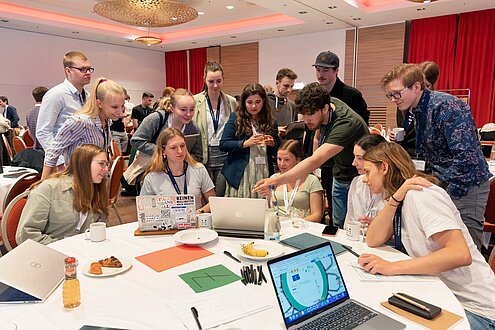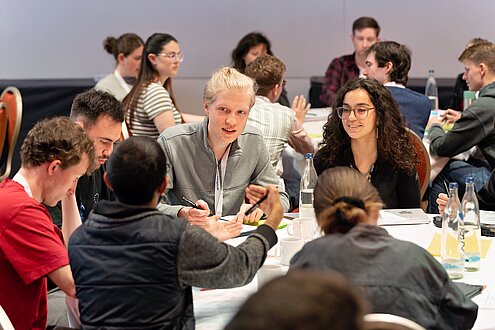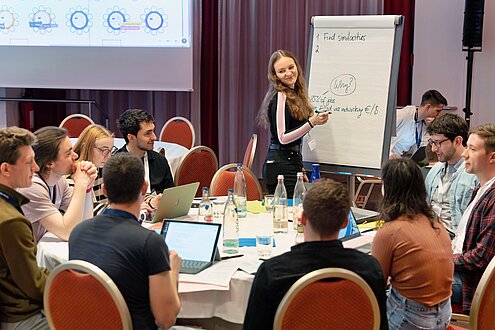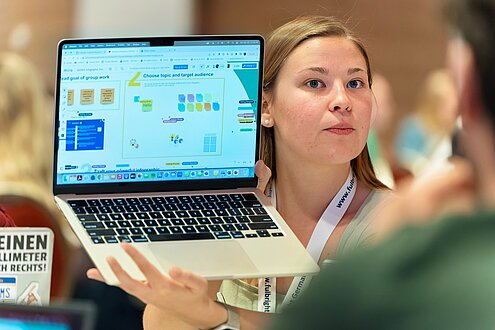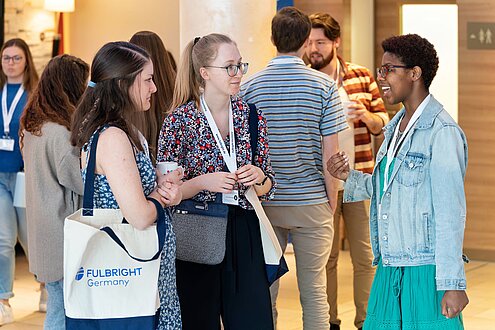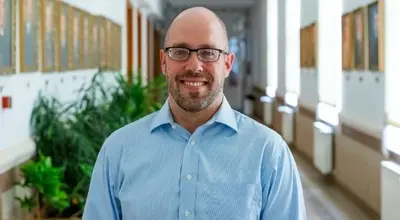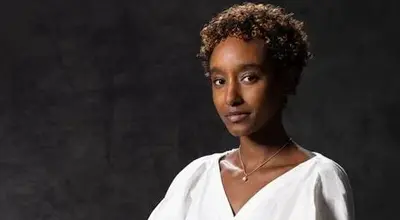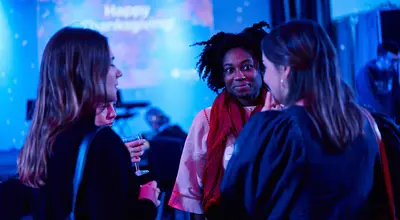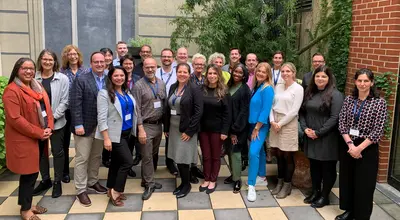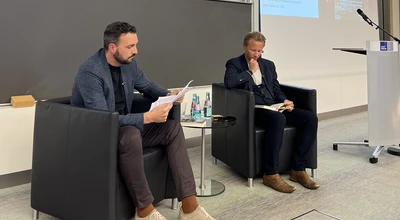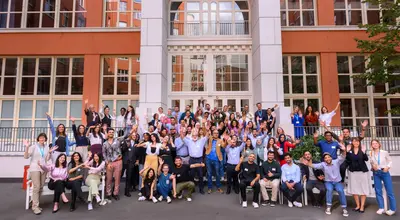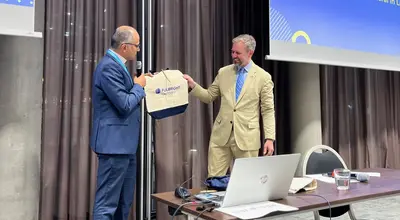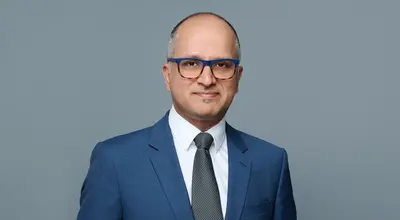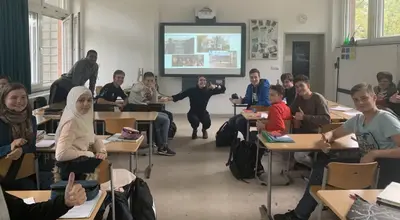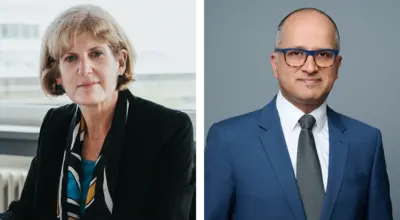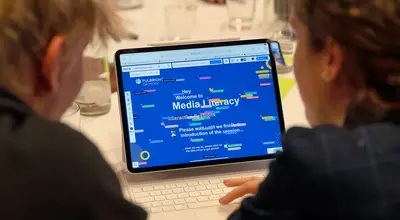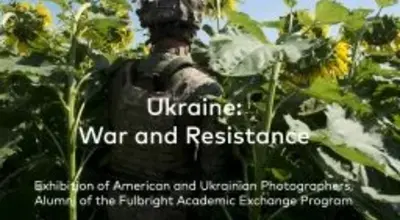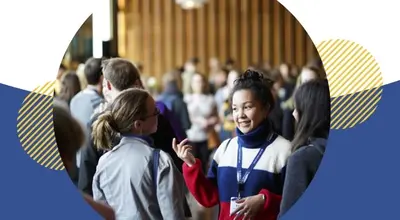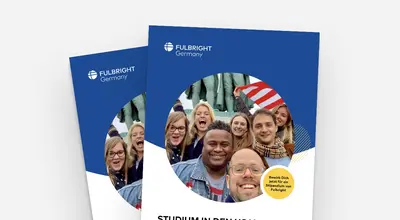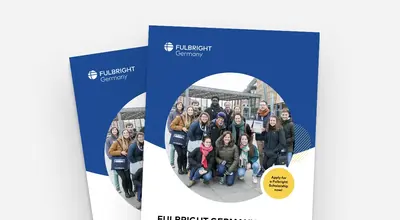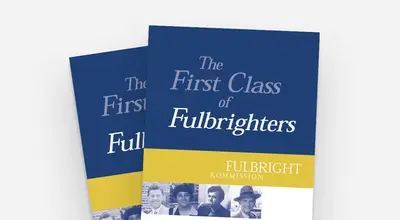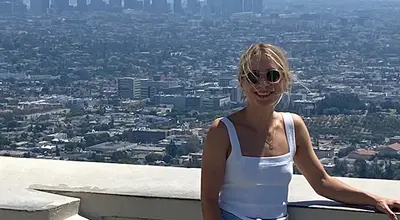Fulbright Media Literacy Seminar | Findings and Results
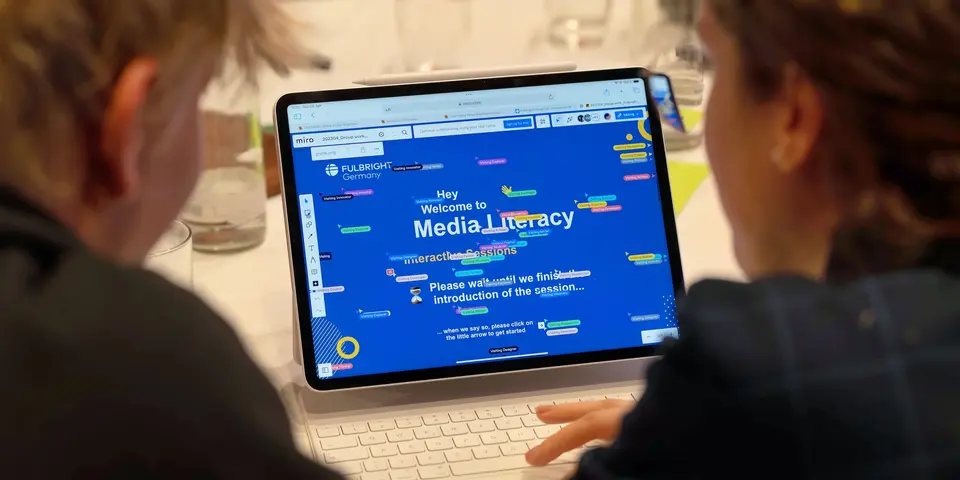
The Fulbright Programs Seminar on Media Literacy took place in Berlin between Friday, April 21 and Monday 24, 2023. The weekend long event provided both current US Fulbright English Teaching Assistants and incoming German Fulbright grantees a unique opportunity to expand their understanding of media, to learn how to critically analyze and evaluate the information they consume, and to understand the motives and interests behind them. Through panel discussions and interactive workshops, grantees learned not just what media literacy is, but how to implement media literacy into their personal and professional lives, as scholars and citizens of the world. They were challenged to consider the complexities of the current media landscape. When are news sources or stories false, untrue or faked altogether? When do they mis- or disinform? How do these practices foster confusion, doubt, and prejudices, and undermine democratic decision-making? Media literacy and critical thinking are essential for the stability of democracy which depends on individuals who are able to make informed decisions.
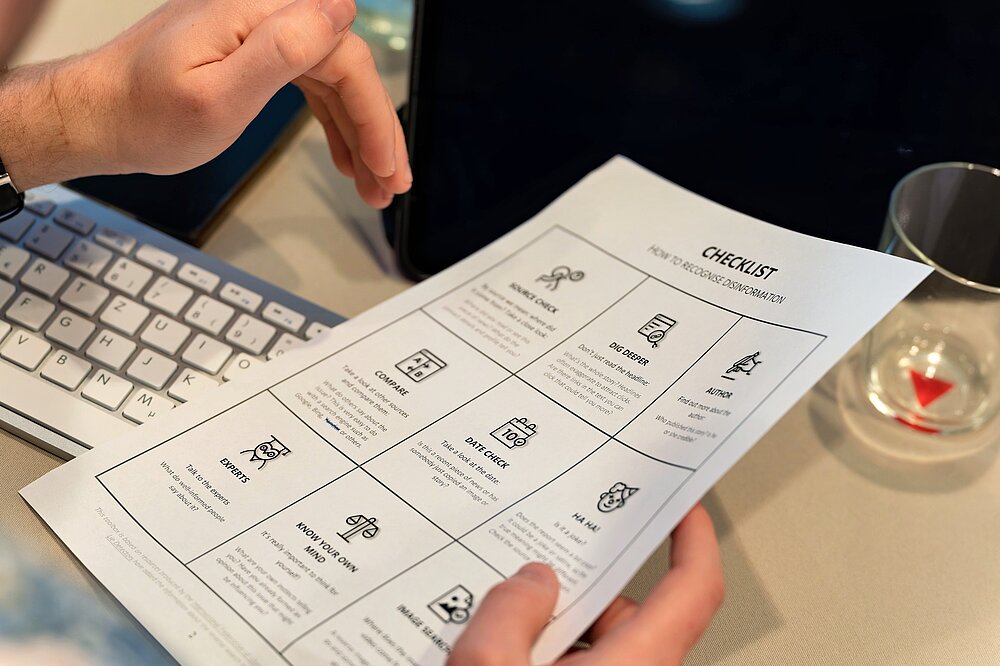
A panel discussion featuring journalists, scholars and professional media experts kicked off the seminar. With news pouring in on us from an ever-expanding variety of media platforms, who can we trust? Why do more and more individuals feel excluded in mainstream news and therefore close themselves off in their own networks? „We are losing the ability to interact“, said one panelist. In order not to leave individual populations behind, the panel called for media literacy to be taught already in schools, and to raise interest in journalism on the local level. „Citizen reporters" could address the specific news needs of their community, make others join, and create their own voice.
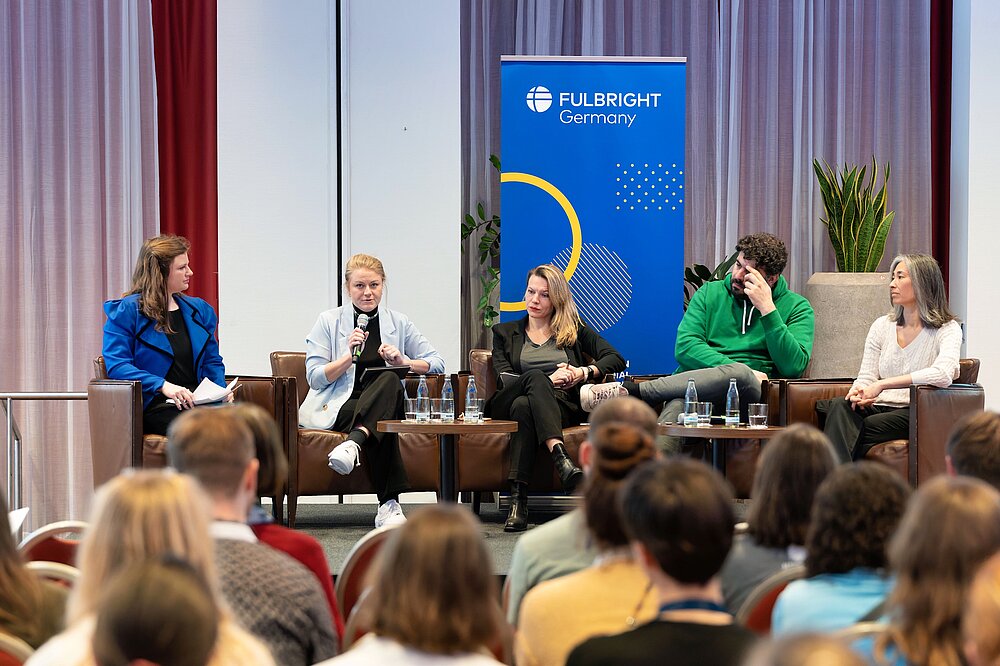
The following day, all seminar attendees took part in a workshop led by LEAD, an organization which focuses on the changing landscape of information in the digital age. LEAD provided the Fulbright grantees with practical tools to identify online mis- and disinformation. They learned about the power of media and how digital media can be used to breakdown stereotypes and connect people, instead of disconnecting them from each other. LEAD encouraged the Fulbrighters to discuss some of their own preconceived notions of their host country and work together to deconstruct those tropes. This was both an enlightening and a sobering experience because, after all, Fulbrighters consider themselves to be ambassadors for intercultural understanding.
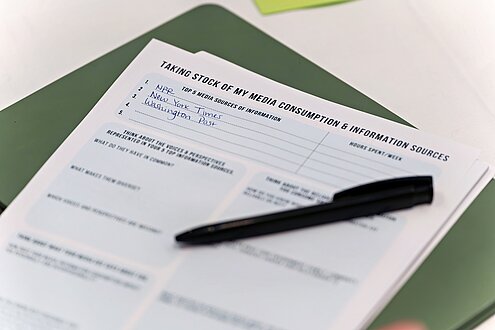
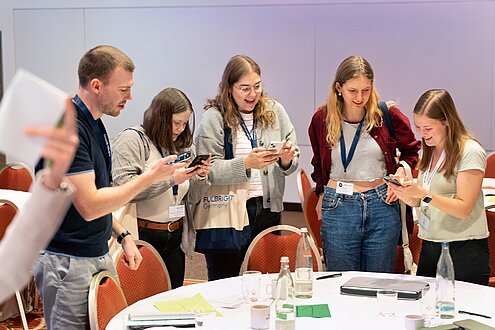
On the final day of the seminar, a subsequent media literacy workshop was facilitated by Lie Detectors, an independent media literacy organization. This workshop was specially dedicated to the German and US Fulbright grantees who serve as language teaching assistants. Focusing on the EU Commission´s „European Guidelines for teachers and educators on tackling disinformation and promoting digital literacy“, published in October 2022, the workshop provided hands-on guidance to the Fulbrighters, including activity plans and insights on topics that will work in both German and US classrooms. Despite these tools and initiatives, there is still plenty of work to be done in order to implement long-term digital media literacy-training in the schools´ curricula.
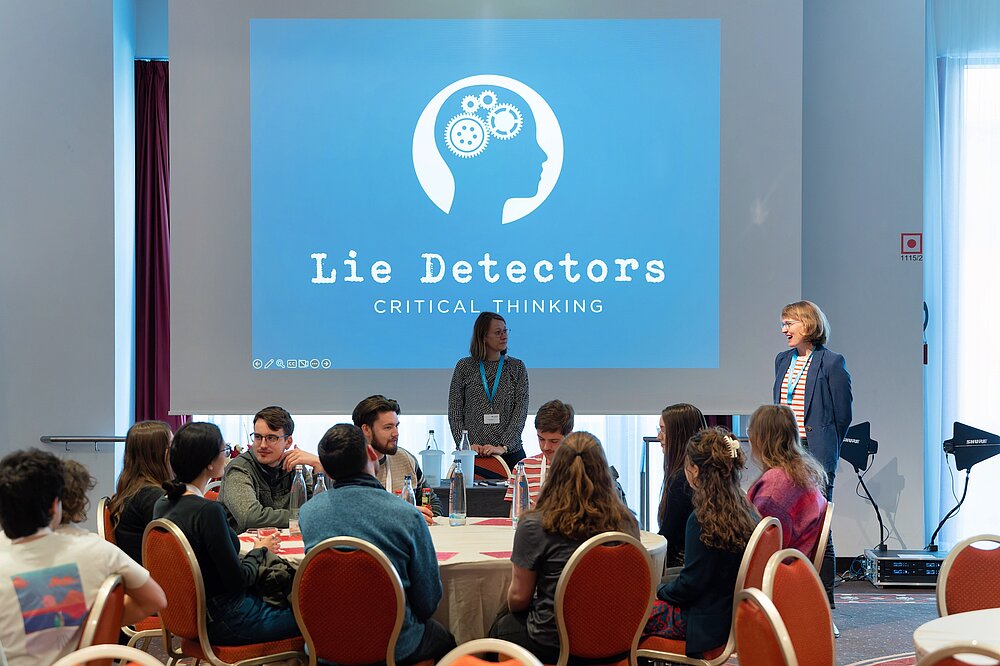
As constant users of digital media in their personal and academic lives, the Fulbright grantees appreciated that the Media Literacy Seminar provided them with important new insights on how to engage with digital media more consciously and critically. Among the sentiments were the ideas that media usage and literacy is an ongoing process of reflection, questioning, critical thinking, and connecting with others to be able to understand what news and information is being consumed.
